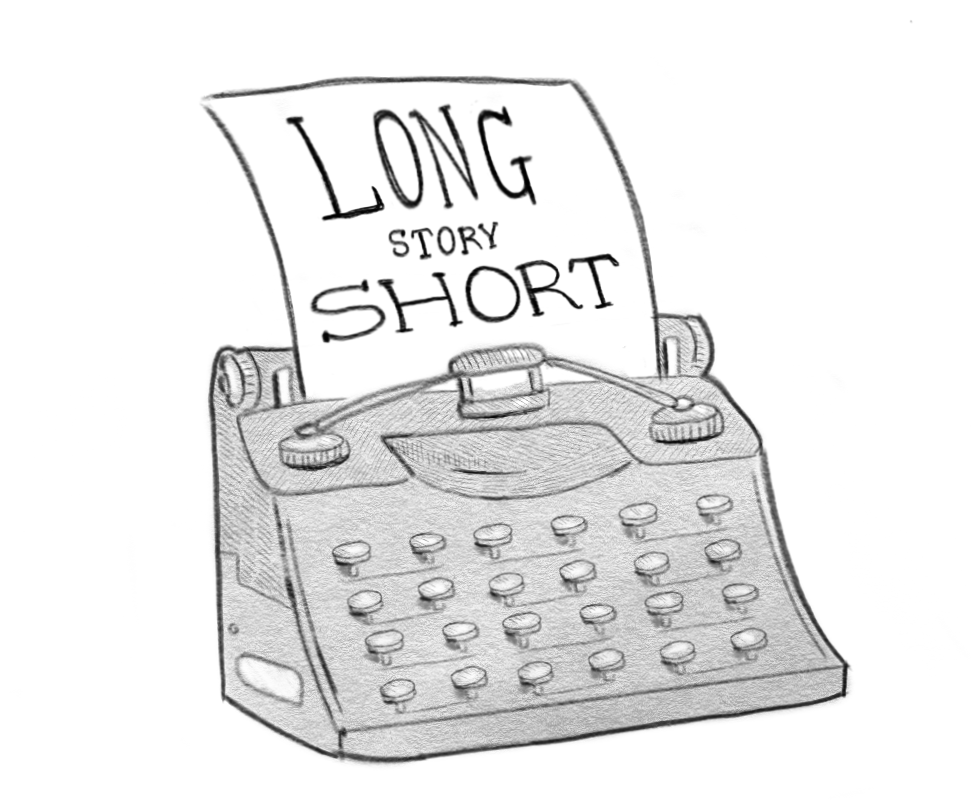It’s been almost three months since I’ve written a blog. Not because I didn’t want to — I’ve consistently signed myself up to write one, then deleted it right after, staring at a blank Google doc with no clue what to write and no motivation to do so.
Over winter break, it hit me how many responsibilities I took on for this semester, including editing, assistant directing a play, an internship and working. I was initially thrilled to have all these things, as they were all what I worked for and opportunities I’ve wanted since I started college. But when I put my class schedule and extracurriculars on Google Calendar, reality set in — I would have no free time.
I continued on like this for the first couple weeks of this semester, jumping from one activity to the next. While I loved what I was doing, I was exhausted and knew I wasn’t putting my best foot forward towards everything. However, I figured since logistically I could handle everything, I should just push on.
It wasn’t until I was talking to my friend, who I hadn’t seen in a long time, that she told me to look up the term burnout, and I realized that was exactly what I was feeling. It wasn’t that I hated my work or major, because I really did thoroughly enjoy it. Burnout doesn’t necessarily mean that you’re stuck doing something wrong or that you’re not passionate about, but just that you need to adjust your schedule and priorities.
Honestly, this was difficult for me to accept, because I love being busy. I’m the kind of person who thrives off having something to do, so I try to keep my schedule consistently full. This made the change even harder because I had to let go of the idea of constantly doing something, instead prioritizing myself and scheduling time dedicated to relaxing.
Creating the space to slow down doesn’t necessarily mean I’m lazy or less productive. Instead, by giving myself more free time, I’ve been able to do better at fully focusing on my workload and putting more effort into the things I’m doing. One of the biggest changes I’ve implemented was replacing some of my “productive” time, like studying, working or doing research, with time for my hobbies.
This started with an activity I’ve been meaning to get back into for a while — hot yoga. I found a studio I really liked near my house that I went to during the summer and holiday breaks, but I stopped when I got to school. I used every excuse — I didn’t have the time for it, too expensive, too long of a commute. Instead of just giving it up completely, I started doing just fifteen minutes of yoga every day in the mornings or at night. While it may not be much, it has the same effect as the classes — it’s a good start to my mornings and helps me kick-start the day more relaxed.
Additionally, I’ve always loved reading but started to put reading for fun on the back burner because I’m not usually in the mood to read more after finishing 150 pages of assigned work. While I’m still working on it, I found that just reading a chapter at night before I go to bed is helping me get back into it, as I want to find out what just happened from where I left off.
Shifting the mindset of slowing down to focus on yourself and finding things you like doing outside of work has been amazing. We live in a society where social media loves promoting self-care and nights to yourself, but outside of that bubble, we prioritize a constant hustle culture. When I look at the news, I see success stories of people our age that already changed the world. Meanwhile, I snoozed my alarm three times and hardly managed to get out of bed in the morning.
But it really is OK to take your time and not constantly work towards something. Yes, I may have just spent an hour scrolling on my phone without realizing it, but I was just taking time to recharge. Success isn’t the same for everyone, and sometimes taking a step back to prioritize yourself can be the most impactful version of success in the long run.
There’s a lot of pressure to feel the need to do it all and have your life accomplished and figured out before the age of 30, and the only way to get there is to have 15 internships, a couple of awards and amazing references — but that isn’t always the reality. I am currently watching the show “Veep,” which is amazing, and one of the characters working for the vice president is asked to work for a senator, with the senator saying, “Sometimes you have to go down to go up.” It’s easy to get caught up in the rush to reach the top right away, but it’s only when we take a step back that we can continue on.


